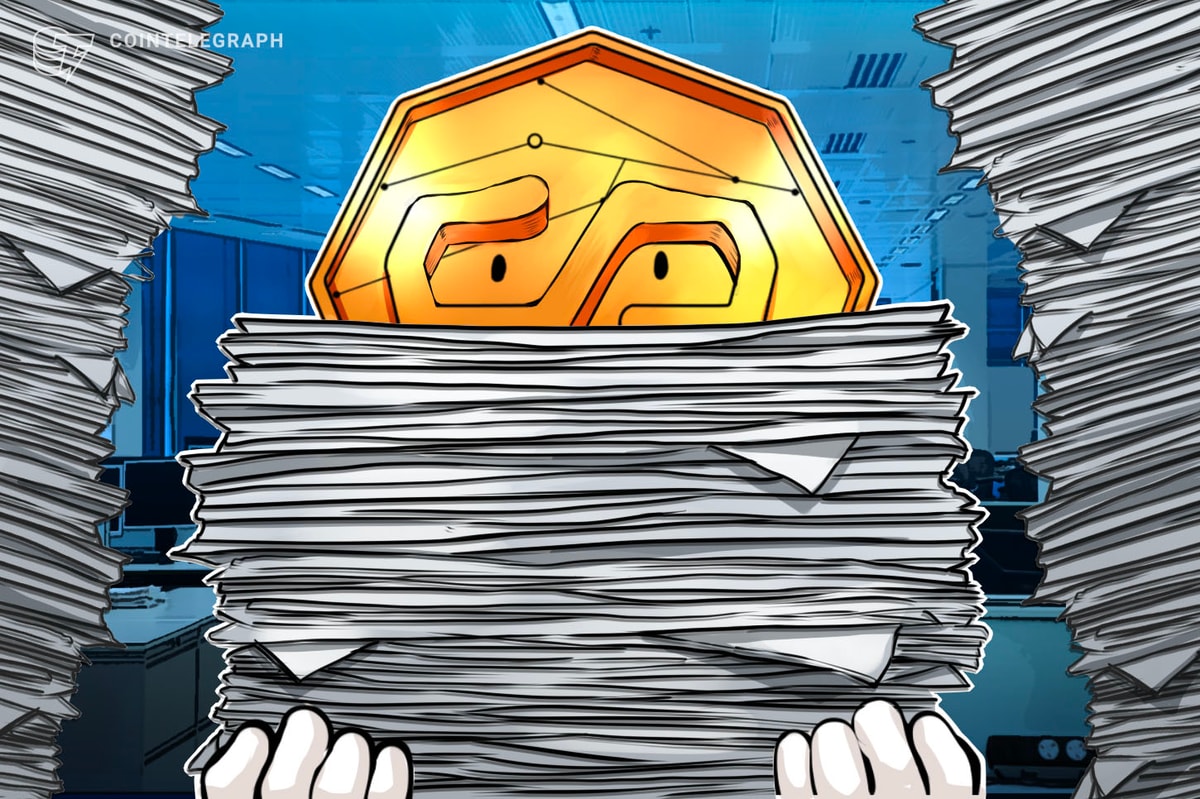This article was authored by Lisa Gibbons and first published on Blockleaders
Beijing’s local government on Saturday released a white paper outlining plans and challenges for development of the city’s Web 3.0 industry. The “Web3 Innovation and Development White Paper (2023)” emphasizes the inevitable trend of web3 technology for the future of the Internet industry, as reported by local news outlet The Paper. The document was unveiled at the Zhongguancun Forum by the Beijing Municipal Science & Technology Commission, also known as the Administrative Commission of Zhongguancun Science Park.
The paper pinpoints the opportunities of the metaverse. It recommends a strategy for Beijing to assume a prominent role in the development of the Metaverse. This strategy includes providing tax breaks, advancing research, and fostering the growth of technologies within the city, similar to its efforts with blockchain.
Beijing also plans to participate actively in the development of Metaverse applications and the establishment of a robust ecosystem.
The “Web3 Innovation and Development White Paper (2023)” emphasizes the inevitable trend of web3 technology for the future of the Internet industry, as reported by local news outlet The Paper. The document was unveiled at the Zhongguancun Forum by the Beijing Municipal Science & Technology Commission, also known as the Administrative Commission of Zhongguancun Science Park.
The primary objective of the commission is to establish Beijing as a global hub for digital economy innovation. Yang Hongfu, director of the Zhongguancun Chaoyang Park management committee, announced that the Chaoyang district of the city will allocate a minimum of 100 million yuan (around $14 million) annually until 2025 towards this endeavor. Zhongguancun, often referred to as China’s Silicon Valley, holds great potential for technological advancements.
The white paper outlines Beijing’s commitment to bolster policy support and accelerate technological breakthroughs in order to drive the growth of the web3 industry. This move showcases the city’s determination to embrace and explore the possibilities offered by web3 technologies.
Interestingly, the timing of the white paper release has drawn attention. Binance CEO Changpeng Zhao noted that it coincides with Hong Kong’s upcoming crypto rules, set to take effect on June 1. Hong Kong’s Securities and Futures Commission recently unveiled a new regulatory framework for the crypto industry, enabling retail investors to engage in crypto trading starting from June 1.
Focusing on the potential of the Metaverse
The architecture of the Metaverse requires the use of various emerging technologies. These include artificial intelligence, blockchain, specialized computing chips, and advanced communication networks like 5G and 6G.
Beijing, home to Chang’An Chain, a domestically developed blockchain, has been at the forefront of these technological advancements. The white paper highlights the significance of integrating blockchain into the Metaverse’s infrastructure.
However, some aspects of the Metaverse’s development may raise concerns. The paper mentions technologies like brain-computer interfaces, which could raise privacy issues similar to mass facial scans. These advanced interaction methods add another layer of complexity to the Metaverse’s evolution.
At the application level, the potential use cases for the Metaverse are extensive. Smart cities, industrial devices, simulated medicine, education, and even virtual shopping are among the many possibilities outlined in the paper.
Ecosystem development in the Metaverse encompasses various aspects, including funding, training, content supervision, data security, privacy, and identity. Beijing aims to strike a balance between fostering innovation and ensuring responsible use of the Metaverse technology.
As the Metaverse continues to evolve, it presents exciting opportunities for the future of the internet and its integration into everyday life and business. While there are challenges to address, Beijing’s proactive approach and strategic initiatives position it as a key player in shaping the Metaverse landscape.
Read More: metaverseinsider.tech









 Bitcoin
Bitcoin  Ethereum
Ethereum  XRP
XRP  Tether
Tether  Solana
Solana  USDC
USDC  Dogecoin
Dogecoin  Cardano
Cardano  TRON
TRON  Lido Staked Ether
Lido Staked Ether  Sui
Sui  Wrapped Bitcoin
Wrapped Bitcoin  Chainlink
Chainlink  Wrapped stETH
Wrapped stETH  Avalanche
Avalanche  Stellar
Stellar  Shiba Inu
Shiba Inu  Hedera
Hedera  Pi Network
Pi Network  Hyperliquid
Hyperliquid  Toncoin
Toncoin  Bitcoin Cash
Bitcoin Cash  LEO Token
LEO Token  Polkadot
Polkadot  Litecoin
Litecoin  WETH
WETH  USDS
USDS  Monero
Monero  Wrapped eETH
Wrapped eETH  Pepe
Pepe  Bitget Token
Bitget Token  Binance Bridged USDT (BNB Smart Chain)
Binance Bridged USDT (BNB Smart Chain)  Ethena USDe
Ethena USDe  Coinbase Wrapped BTC
Coinbase Wrapped BTC  WhiteBIT Coin
WhiteBIT Coin  Uniswap
Uniswap  Bittensor
Bittensor  NEAR Protocol
NEAR Protocol  Aptos
Aptos  Dai
Dai  Aave
Aave  Ondo
Ondo  OKB
OKB  Internet Computer
Internet Computer  Ethereum Classic
Ethereum Classic  Cronos
Cronos  Tokenize Xchange
Tokenize Xchange  BlackRock USD Institutional Digital Liquidity Fund
BlackRock USD Institutional Digital Liquidity Fund